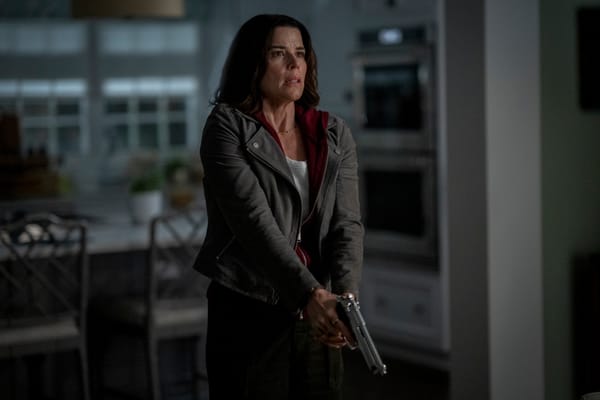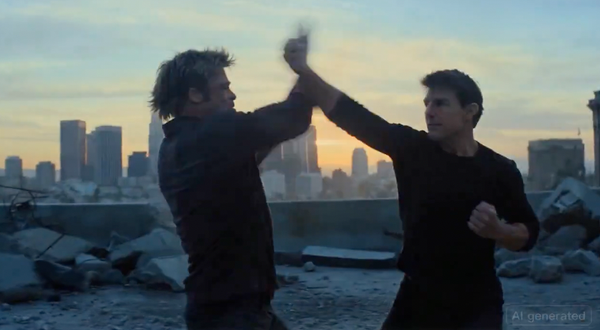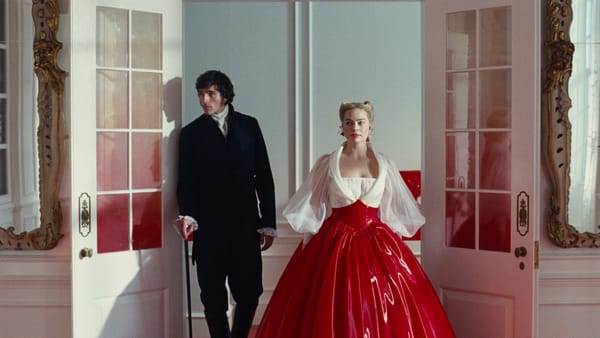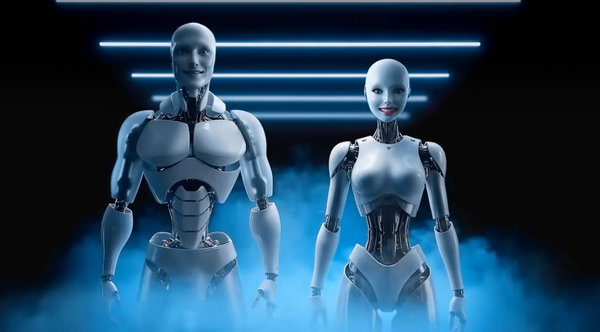‘Black Bag’ Is Top-Tier Soderbergh and as Slick as Spy Thrillers Get
Sex, lies, and satellite footage.
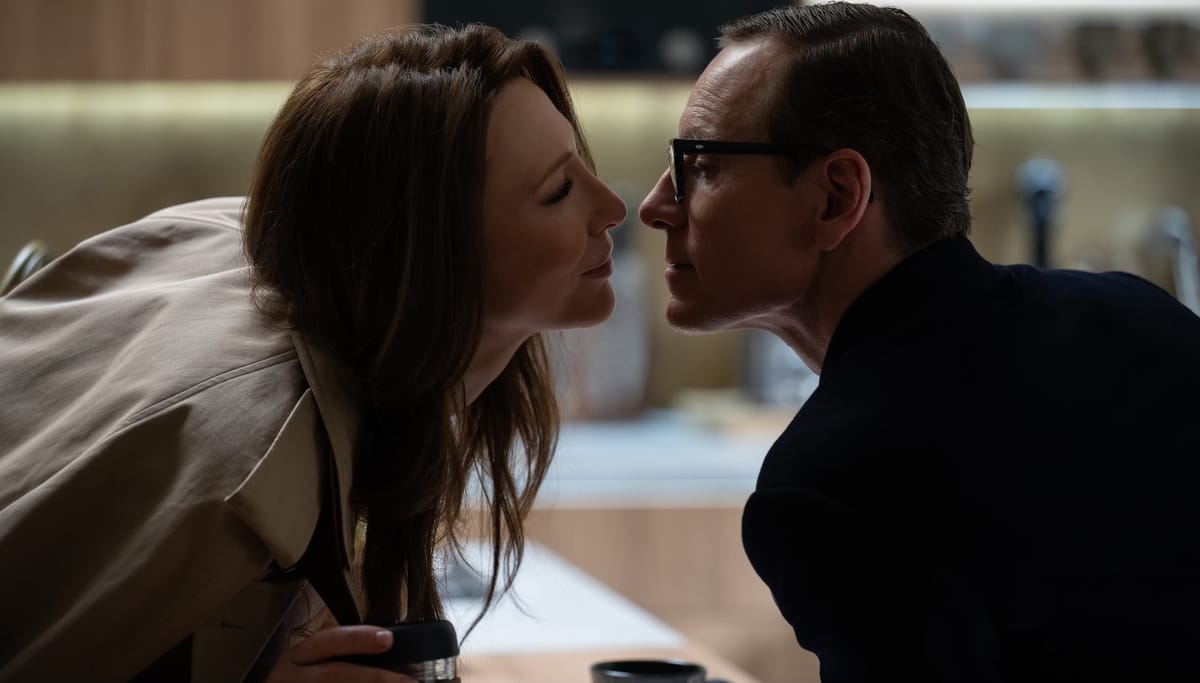
The way Steven Soderbergh bounces between genres and styles can make it tempting to label him a highly adept journeyman rather than an auteur. But to do so misses not only his distinctive artistry, his inability to phone in a picture (even when using a literal phone), and recurring themes throughout his filmography. Soderbergh’s debut feature, Sex, Lies, and Videotape, sent shockwaves through cinema with its raw, honest exploration of infidelity, honesty, and the barriers people create as an illusion of intimacy. Although Soderbergh’s filmography sprawls into different genres, he remains captivated by the use of lies and misdirection, especially where romance is concerned. Sometimes the deceit crackles like in Out of Sight, and other times it fizzles like in The Good German. Despite this ongoing fascination with how love and honesty never fit together easily, his new film, Black Bag, feels as fresh and exhilarating as anything in his long filmography and is one of the better spy thrillers in recent memory.
George Woodhouse (Michael Fassbender) went looking for a mole in MI-6, and it looks like his wife Kathryn (Cate Blanchett) is betraying the agency. Faced with the possibility of eliminating the woman he loves, George begins to investigate what would cause his wife to behave in such a manner, or if another player is pulling the strings. He quickly begins to look at their work colleagues Freddie (Tom Burke) and James (Regé-Jean Page) and their girlfriends Clarissa (Marisa Abela) and Zoe (Naomie Harris), respectively, who also work at the agency. The stakes become higher as George learns about Severus, a program that could cause the deaths of thousands of people if he’s unable to discover the truth.
The hard spy stuff is there (this is more George Smiley than James Bond), but the opening scene shows that Soderbergh and writer David Koepp are far more interested in the prickly relationship dynamics among the characters. There’s just as much Who’s Afraid of Virginia Woolf? here as there is Tinker Tailor Soldier Spy, and that’s to the film’s benefit. The spy machinations keep the plot humming, but all the emotional investment comes from the characters. Watching George — a man with ice water in his veins — toy with his guests to have them reveal some bit of information is as exciting as any car chase.
Soderbergh, who has long functioned as his own cinematographer and editor (the latter credited as Mary Ann Bernard), bathes Black Bag in warm glows for the home front and icy blues for the rest of the world. That may seem counterintuitive—after all, isn’t the tension in George and Kathryn’s marriage the purpose of the movie?—but it underlines what his main characters find important. They let us know that their marriage is their top priority, and even if that means lying or hiding work secrets from each other, there’s also clarity on what they find important. For normal people, lies can be cancerous to a relationship; Black Bag turns that normalcy on its head and says that for spies, lies can serve as scaffolding as long as they’re lies agreed upon.
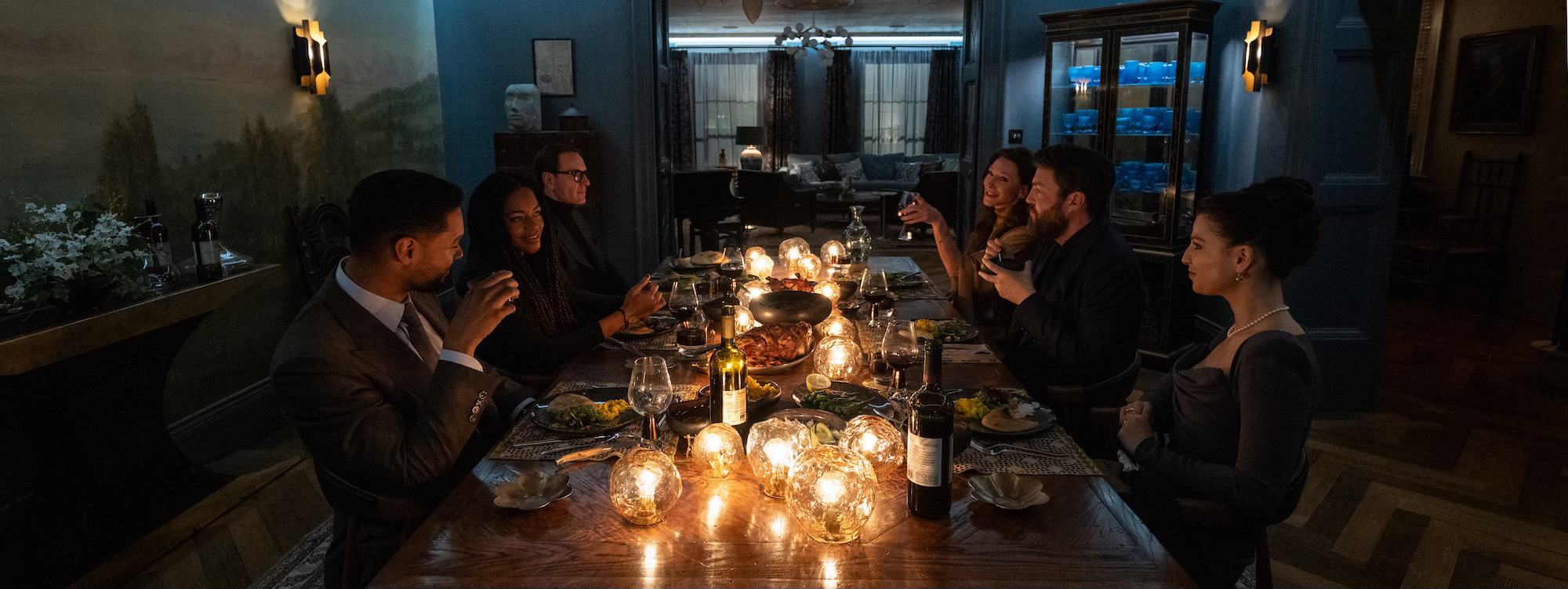
The luscious settings function as an extension of the useful superficiality these characters employ. You can get lost in the stunning costumes (the outfits, especially for the men, are superb) and sets that feel both immaculately constructed and also domineering. Again, this is a world that does not invite warmth, and some may wonder if George and Kathryn’s relationship is worth saving if it requires such strict boundaries. But because neither Soderbergh nor his actors feel the need to reach, we’re seduced by the gorgeous visuals and movie star performances. The effortless charisma we’ve come to expect from Blanchett and Fassbender is all we need to convince us of their characters’ romance.
This also provides plenty of space for the supporting cast to shine, especially Burke and Abela. While they’re not the most famous names in the cast, I imagine their performances here will send people looking for their previous work (for Burke, I recommend The Souvenir and Abela is a breakout on HBO’s Industry). They get the more colorful characters, but neither actor is trying to chew the scenery or overshadow their co-stars. Instead, they have the benefit of playing normal people despite being in the same line of work as George and Kathryn. The latter couple may be “relationship goals” for those in intelligence work, but we can also see that if you want to play at their level, you may have to pay a high cost.
Some may find Black Bag a little too staid—a spy thriller without action or even sex. It’s important to remember that despite the title, Sex, Lies and Videotape is not a particularly graphic movie with regards to sex. What makes it stick is how it interrogates vulnerability and intimacy, and how much people are willing to share of themselves. The spy genre is a good fit for this kind of story, but rather than letting himself be played by the genre, Soderbergh makes the genre play for him. Black Bag is his kind of story and features his kind of characters, and as always, he knows that the fate of the world is never half as interesting as the fate of a marriage.
Matt Goldberg is a film critic living in Atlanta. If you enjoyed this review, be sure to check out his newsletter, Commentary Track.
Stuff David Chen Made
- Over on Decoding TV, Patrick Klepek and I are about to wrap up our coverage of Severance season 2. It’s been an incredible season so far, and episode 9 really got us psyched for the finale.
- On The Filmcast, we discussed Bong Joon Ho’s Mickey 17, a movie we all pretty much loved despite its shagginess.
